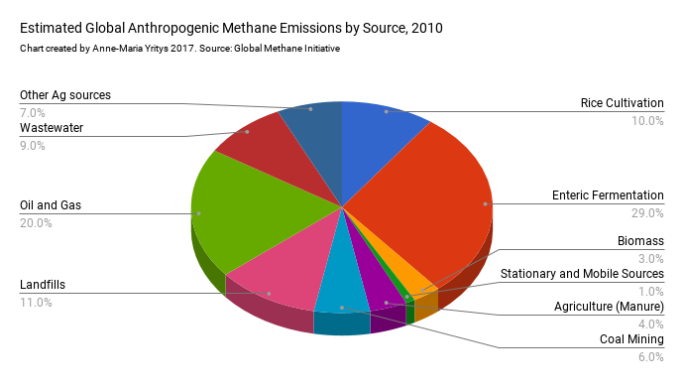
Why is the amount of people worldwide who decide to go either vegetarian or vegan constantly growing? In the United States alone, the number of vegans has grown by 500% in a few years time only. The reasons for vegetarianism and veganism are many: some people simply do not like the taste of meat, others may suffer from a fish intolerance or allergy. A lot of people do not want to harm animals, and find it cruel to grow animals just in order to slaughter them and consume them. Among the many vegans I have personally met, one of the main reasons for their decision to cut out any animal products, including eggs and dairy, from their diets, is since they have found it improve their health and well-being.
Despite of the many dietary suggestions given to us by a number of experts, every individual who can afford buying and choosing their diet in the first place should be his or her own best expert. Unfortunately this is also not true most of the time since more and more people on our planet suffer from excess weight due to unhealthy consumption habits, while on the other side of the coin, millions of people go hungry and are malnourished due to lack of access to many-sided, nutrient-rich food. For those who can afford consuming meat products, dietitians usually state that (red) meat products contain all the necessary amino acids which are key ingredients of protein and our bodies capacity to build and maintain muscle tissue, while vegans especially have to make an extra effort to access all the necessary amino acids that are essential building stones of the protein our bodies need. Otherwise, human beings actually have no real need to consume meat or seafood. Even vegans can choose plant-based products with all the necessary amino acids (and, proteins). It is also a fact that consuming proteins in excess will lead to these being stored as fat (lipids) in our bodies. Thus, a balanced and healthy diet is always key to our overall well-being.
A major reason to choose veganism (or, vegetarianism) today is climate-related. Enteric fermentation, the digestive process of livestock, is the largest single emitter of anthropogenic methane emissions on a global scale. Around one-third of all human-caused methane emissions worldwide stems from enteric fermentation, predominantly from cattle. Every time we choose to consume meat, we contribute to an increase in global greenhouse emissions (methane). It is also questionable how much sense it makes to grow crops in order to feed animals that human beings will slaughter and consume, contributing at least twice as much to an increase in global greenhouse gas emissions.
The FAO (Food And Agriculture Organization of The United Nations) published “Tackling Climate Change Through Livestock – A Global Assessment Of Emissions And Mitigation Opportunities” in 2013. Access the PDF version of the publication here. The report is a compact global assessment of GHG emissions stemming from livestock supply chains with a discussion about research methodology, and dividing the study into clear chapters and themes such as overall emissions, main sources of emissions, emissions by geographical region, emissions by species, mitigation (potential and practice) with case studies, concluding the report with a chapter on suggestions for policy-making.
Most of us can afford to make individual/personal choices of consumption, influencing decision-makers to create better and more sustainable policies. In a world faced with many problems such as hunger and malnutrition, climate change, and an increasing amount of population battling problems with overweight, individual choices are not always enough. According to FAO`s “Tackling Climate Change Through Livestock – A Global Assessment Of Emissions And Mitigation Opportunities”, it is possible to reduce emissions stemming from all species in all regions, but there is an urgent need for better policies. FAO states that tackling difficult problems can be made possible with the right policies, innovations and investments. It has to be understood that through the necessary measures taken, we are better equipped to deal with large-scale problems such as climate change and a rapidly growing world population. The report concludes that additional research and development is necessary, improving the measurement of emissions, and support from global initiatives focusing on livestock especially due to its complexity and size.
Learn more by watching FAO´s video “Climate change mitigation in the livestock sector: overall potential, options and case studies”:
Connect with me on Twitter @annemariayritys. For climate/environment-related posts only @GCCThinkActTank. Subscribe to Leading With Passion to receive my latest posts.
Take a step further to create YOUR online business. Learn more about the many benefits of how to create a beautiful website with WordPress.com and how to monetize your blog/website:
WordPress.com – Create A Beautiful Website
Jetpack – The ideal way to experience WordPress – Code-free Customization
WooCommerce – The most customizable eCommerce platform for building your online business


2 thoughts on “Enteric Fermentation Largest Single Source of Global Methane Emissions”